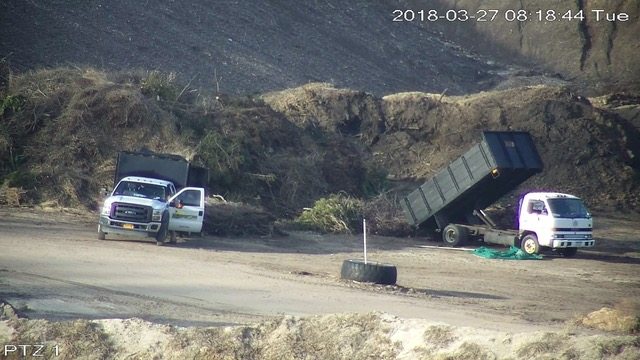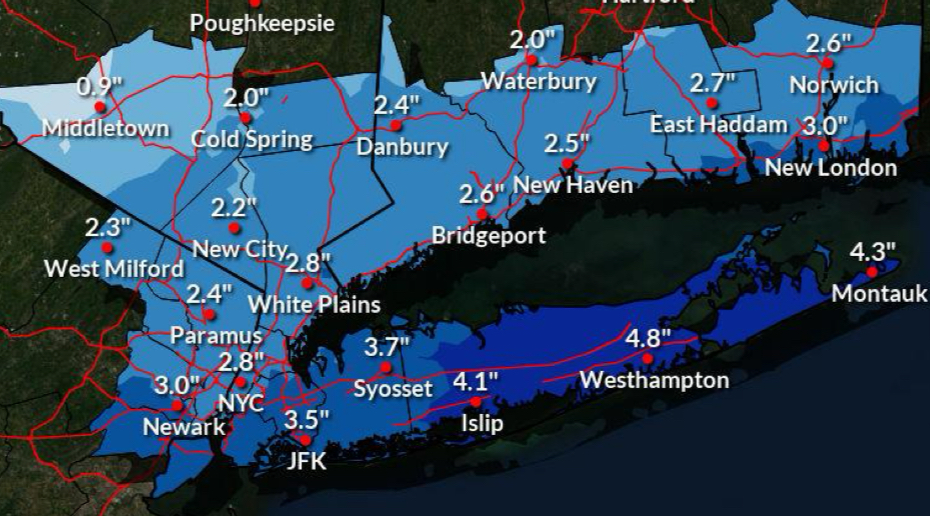Changes To Mining Law

Mandated groundwater monitoring at all sand mining operations may soon be in effect.
The Southampton Town Board reviewed a new draft of the proposed measure on July 9, and this time, the law saw no pushback.
The original draft was seen as an overstepping of the town’s authority when it came to remediation demands and forcing the shutdown of mining operations if water quality issues were detected. Under the new proposal, miners must still provide a groundwater monitoring program, but mining operations can continue while a plan is being developed. Mine owners would only have to halt operations if they violated the new law or if contamination was found and they needed to develop a remediation plan. Independent researchers would be hired to show whether contamination is coming from the mine site or resulting from other factors.
“The town can’t tell an operator how to operate its mine,” Assistant Town Attorney Richard Harris said. “That is reserved for the Department of Environmental Conservation. The town does, however, have the authority to reserve local zoning laws, building regulation, and its police powers.”
Owners have 90 days to provide a plan from the time they receive written notification about the new provision from the town. It would include historical data on site development and groundwater, a site survey, proposed locations of at least three groundwater monitoring wells, and a schedule for at least biannual water sample testing.
Penalties for offenses considerably increased as part of the changes. The maximum fine for first-time violators jumped from $3500 to $10,000, and the payment for a “water quality protection” surcharge increased from $100 to $1000. Subsequent offenses now have a minimum fine of $10,000, up from $2000. A subsection was also added to allow the town to seek injunctive relief from the state Supreme Court.
The only person to comment on the new changes at the latest public hearing was Kevin Brown, an attorney representing Westhampton Property Associates, a sand and gravel supplier based in Deer Park.
“It addresses many, many of the concerns we initially had,” Brown said. “I believe we can work through the monitoring plans and the requirement to submit the data and site history we already have, showing what’s related to ambient conditions and to previous site activity.”
The revisions were made based on input from mine owners and their legal representatives who either spoke at past public hearings or submitted written comments to the town, Harris said, along with the town attorney’s department. Implementing the law is meant to help protect the region’s sole source aquifer from potential contamination resulting from mining activities.
The town board closed the public hearing on Tuesday and left the written record open for comments for one week, which closed July 16. The board is expected to vote on the resolution July 23.
desiree@indyeastend.com









